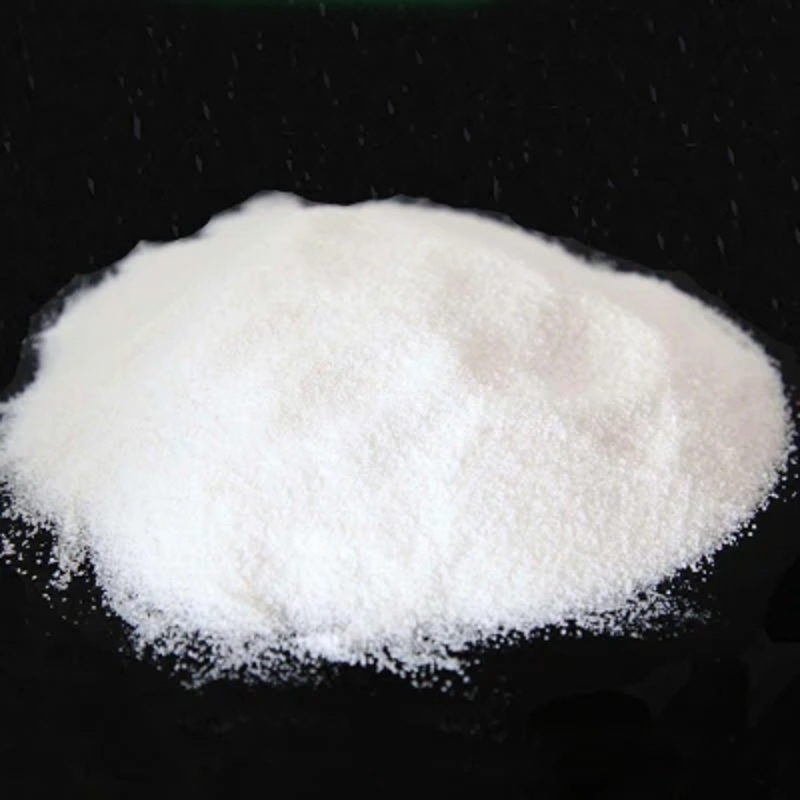-
Categories
-
Pharmaceutical Intermediates
-
Active Pharmaceutical Ingredients
-
Food Additives
- Industrial Coatings
- Agrochemicals
- Dyes and Pigments
- Surfactant
- Flavors and Fragrances
- Chemical Reagents
- Catalyst and Auxiliary
- Natural Products
- Inorganic Chemistry
-
Organic Chemistry
-
Biochemical Engineering
- Analytical Chemistry
-
Cosmetic Ingredient
- Water Treatment Chemical
-
Pharmaceutical Intermediates
Promotion
ECHEMI Mall
Wholesale
Weekly Price
Exhibition
News
-
Trade Service
According to the WARNINGS of the Norwegian and Russian surveys, the population of the Barents Sea cod is declining, and the breeding population is currently only about 800,000 tons, and only by following scientific advice, the wild resources of the cod may stabilize
.
.
IMR recommends that the barents sea cod quota not exceed 566,784 tonnes in 2023, and government administrative rules stipulate that the quota reduction should not exceed 20%, mainly to ensure the stability of fishermen's income, while considering the protection of fishery resources
in the long run.
in the long run.
In 2022, barents cod has been lowered by 20%.
The 2023 quota could be less than 600,000 tonnes and hit the lowest since
2009.
The 2023 quota could be less than 600,000 tonnes and hit the lowest since
2009.
Bjarte Bogstad, an IMR department member, said: "We have to be prepared and suggest that there may be room for further reductions in quotas
.
Barents Cod, a large-scale and economically important species, is no longer in excellent condition
.
”
.
Barents Cod, a large-scale and economically important species, is no longer in excellent condition
.
”
In addition, IMR recommends setting a quota for Barents Sea haddock fishing at 170,067 tonnes next year, a 5% reduction from the previous year; The proposed quota for redfish is 66,779 tonnes for 2023 and 70,164 tonnes
for 2024.
for 2024.
Next, the Norwegian-Russian Joint Fisheries Committee may meet in October to jointly decide on next year's fishing quotas on the basis of scientific advice and negotiate the
allocation of quotas between the two countries.
allocation of quotas between the two countries.
Usually, the proposal for scientific fishing in the Barents Sea for the following year was made in June of the previous year, and this year, due to the war in Ukraine, Russia withdrew from the International Ocean Exploration Council (ICES), and the proposal of the scientific advice was delayed by more than two months
.
.
Geir Huse, head of research at IMR, said that although Russia withdrew from this year's ICES meeting, Norway and Russia have been strictly adhering to the normal convention for fishing activities, but this year's situation is too special and the situation is very unsatisfactory, and we have tried to follow a fixed quota allocation model as much as possible, giving scientific advice
based on the same research methods as in previous years.
based on the same research methods as in previous years.







